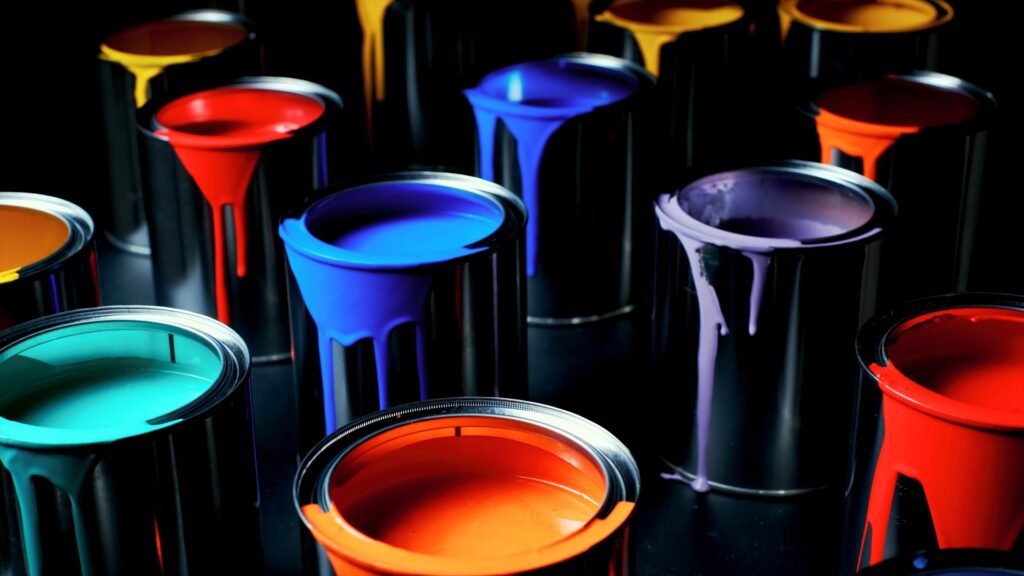On January 18, 2017, the Philippines Department of Education enacted DepEd Order No. 4, s. 2017, Mandatory Use of Lead-Safe Paints in Schools (hereinafter referred to as this Order). This Order prohibits the use of lead-containing paints with the aim of protecting children from exposure to toxic substances contained in paints that can cause numerous diseases. It was also mandated that only certified lead-safe paints shall be used in the renovation and restoration of classrooms. Furthermore, lead-safe paints shall be utilized for learning materials including teaching aids, toys, and school supplies that children and teachers directly touch, furniture such as tables, chairs, and blackboards, playground, gate, and covered court.
According to the World Health Organization (WHO), lead is defined as a naturally occurring toxic metal found in the ground. Even though the use of lead poses significant risks to the environment and human health, the safety level of lead exposure is not generally known at present. According to a WHO report, 21% of the 2,861 children living in rural areas of the Philippines have elevated levels of lead in their blood. Lead can cause various diseases such as brain damage, bone and muscle growth stagnation, impaired muscle coordination, liver diseases, speech disorders, and developmental disorders, and is especially harmful to children.
The outline of this Order is as follows.
-
- In reference to the Department of Environment and Natural Resources (DENR) Administrative Order (AO) 2013-24 or the Chemical Control Order for Lead and Lead Compounds, and to strengthen DepEd Memorandum No. 85, s. 2016 entitled Use of Lead-Free Paint in Schools, use of lead-safe paint shall be mandatory to all preschool, elementary and secondary schools in anticipation of the phase-out deadline for lead-added architectural, decorative, and household paints by January 1, 2017.
- Lead is one of the toxic and regulated chemicals that pose hazards and risks to human health and the environment through its use, management, disposal, and subsequent releases of wastes and exposure. DENR AO 2013-24 specifies that the threshold limit for the use of lead is 90 ppm when intentionally used as pigment or drying agent.
- Use of lead-safe paints shall reduce children’s exposure to toxic lead via lead-containing paints and dust, thus, avoiding health impacts including learning disabilities, anemia, and disorders in coordination, visual, spatial, and language skills.
- The use of independently certified lead-safe paint shall be mandatory to all painting/repainting works for the following.
- School facilities
- Buildings such as classrooms, toilets, library, clinic, and offices
- Amenities such as playground, covered court, and the like
- Other structures such as gate, fence, and the like
- Furniture such as tables, chairs, and cabinets
- Fixtures such as blackboards
- Learning materials such as teaching aids, toys, and school supplies
- Tools and equipment.
- School facilities
- In case of renovation of school buildings and other facilities and restoration of school furniture and fixtures, the guidelines set by the Philippine Association of Paint Manufacturers (PAPM) shall be observed for proper removal and disposal of lead paints to prevent the generation and dispersal of lead-containing dust that children may ingest or inhale. The guidelines of PAPM can be accessed through: http://papmpaints.org/news.html.
- This Order shall also apply to paint-coated goods or products (furniture, fixtures, learning materials, tools, and equipment) directly procured by the school as well as those sourced by other means such as through individual, group, corporate or local government donations.
- All products donated or sold to schools (including, but not limited to, paints, bags, school supplies and furnishings) by commercial and non-commercial establishments, as well as concerned individuals, shall also comply with the DENR AO 2013-24 and other relevant lead-related regulations.
- The following offices shall be responsible for the implementation of this Order.
- Education Facilities Division-DepEd Central Office
- Education Support Service Division (ESSD) Education Facilities Section-Regional Offices
- School Governance and Operations Division (SDOD)-Education Facilities Section-Schools Division Offices
The original text of this Order can be downloaded at the following URL.
https://www.deped.gov.ph/wp-content/uploads/2017/01/DO_s2017_004.pdf
 Philippines mandates use of lead-safe paints in schools
Philippines mandates use of lead-safe paints in schools 

























